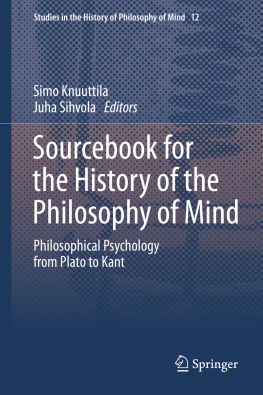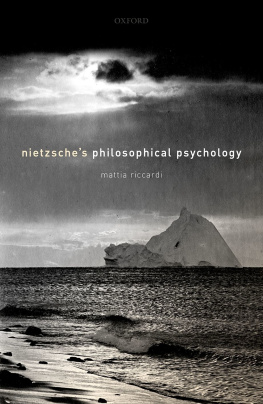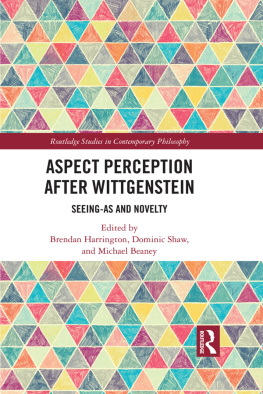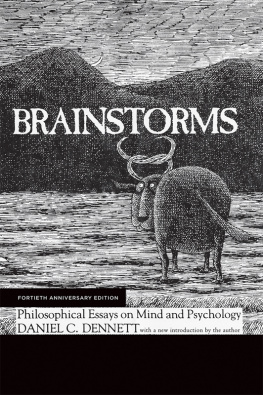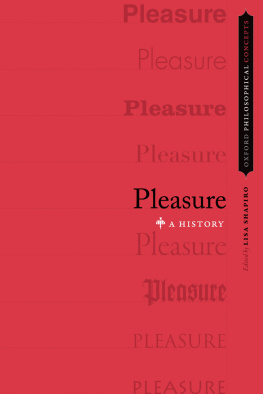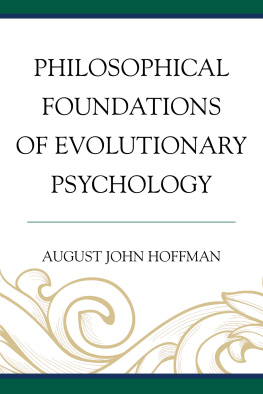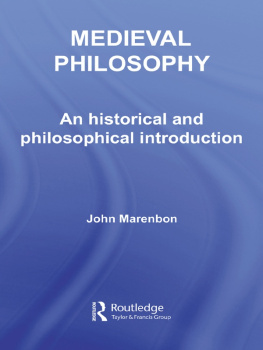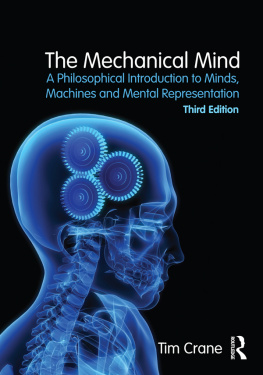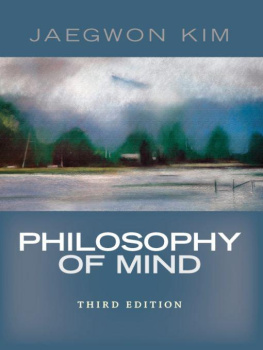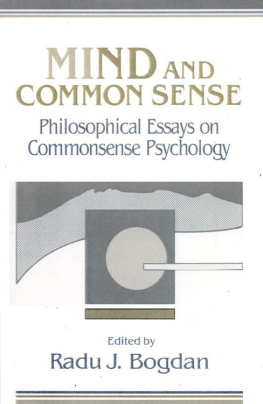1. Introduction
Abstract
Philosophy of mind and philosophical psychology, which are characterized by a wide variety of objects of interest as well as by connections with recent developments in cognitive science, evolutionary psychology, and computation, form one of the leading areas of contemporary philosophical research. This quickly growing branch is accompanied by an increasing number of studies on psychological theories in history, before the emergence of psychology as an independent science in the nineteenth century. While the study of philosophical psychology is regarded as a valuable part of the history of philosophy as such, it is also considered a particularly stimulating resource for dealing with many issues in the philosophy of mind. Historical perspectives may improve our understanding of philosophical questions by shedding light on the origin of prominent conceptual assumptions such as the various notions of cognition, intention, emotion, or volition, but it may also do this by contrasting our ways of thinking with quite different approaches in history, thus adding to the awareness of the conceptual presumptions of both positions, for example some ancient theories of consciousness or medieval views of perception.
Philosophy of mind and philosophical psychology, which are characterized by a wide variety of objects of interest as well as by connections with recent developments in cognitive science, evolutionary psychology, and computation, form one of the leading areas of contemporary philosophical research. This quickly growing branch is accompanied by an increasing number of studies on psychological theories in history, before the emergence of psychology as an independent science in the nineteenth century. While the study of philosophical psychology is regarded as a valuable part of the history of philosophy as such, it is also considered a particularly stimulating resource for dealing with many issues in the philosophy of mind. Historical perspectives may improve our understanding of philosophical questions by shedding light on the origin of prominent conceptual assumptions such as the various notions of cognition, intention, emotion, or volition, but it may also do this by contrasting our ways of thinking with quite different approaches in history, thus adding to the awareness of the conceptual presumptions of both positions, for example some ancient theories of consciousness or medieval views of perception.
This work aims to be helpful for philosophers who are interested in the history of the philosophy of mind and philosophical psychology from Plato to Kant. Divided into fourteenth chapters, which correspond to the main themes in history, it includes a collection of texts in English translation which the authors regard as relevant to know for those interested in the subject. Chapters are divided into ancient, medieval Latin and Arabic, and early modern sections. Each section has a concise introduction which explains the main ideas with references to a number of basic texts; these are translated and thematically ordered after the introductory part. The idea is that one may easily see how an issue in philosophical psychology, for example perception, is dealt in the philosophical tradition beginning from ancient Greek and Latin philosophy, and which kinds of historical texts illustrate past discussions. Following the introductions and translations, there are some further explanations, scholarly remarks, and references to research literature. These are meant to serve those who would like to know more about the texts quoted or have a scholarly interest in the topic. Explanations are more or less extensive depending on how known the texts are.
Plato was concerned with psychological phenomena in many works, but it was Aristotle who established this research as a branch of natural philosophy in his De anima and the collection of treatises called Parva naturalia . In the first part of De anima , Aristotle explains the nature of the soul. The rest of the book consists of his accounts of the functions of the soul.
This volume was first planned at the History of Mind centre for the study of philosophical psychology in history which included research groups for ancient philosophy, medieval Latin and Arabic philosophy, and early modern philosophy, funded by the Finnish National Research Council Academy of Finland, the University of Helsinki, and the University of Jyvskyl. The research of this unit is being continued by the centre for the history of moral psychology and politics, which is preparing an extensive volume on the psychology of morality and politics in history. As distinct from this, the present volume concentrates on the analysis of cognitive, conative, and affective mental capacities and their functions, dysfunctions, and typologies in human beings and, to some extent, in animals.
The themes addressed are those which mostly figure in the history of Western philosophical psychology. While many of them are found in some form in the works of Plato and Aristotle, there are also various new questions in ancient and medieval Latin and Arabic works, as well as new styles and theories in early modern thought. The tradition of philosophy deriving from ancient Greek thought is not simply a chain of interpretations of earlier positions. While this popular picture dismissed the breaks and transformations, it is not entirely wrong. It is a historical fact that our knowledge of ancient philosophical works is based on medieval manuscripts. Many of the Greek works copied were translated into Latin and Arabic in the Middle Ages, and a great number of Greek texts and their Latin translations were printed in Renaissance times. Since antiquity, the works which continued to be studied have shaped the intellectual discussion in the context of their reception in various ways. Let us take a look at the main layers of the sources of the philosophy of mind in this tradition.
After Plato and Aristotle, there were some 300 years from which the philosophical sources are preserved merely as fragmentary later quotations. The situation has been somewhat better in this respect since the time of Cicero and Seneca. Despite the differences in the psychological studies of Hellenistic philosophical schools of Platonists, Stoics, Epicureans, and Sceptics, one may discern similarities in what was regarded as worthy of treatment: perception, thought, emotion, choice, action, and the nature of mind.
In the first century, Aristotles works began to be studied as well, after a long period of neglect. Alexander of Aphrodisias ( c . 200) wrote an Aristotelian treatise on the soul; his commentaries on Aristotles De anima and minor psychological tracts have not survived, except the commentary on De sensu . Late ancient philosophy was greatly influenced by the Neoplatonist psychology of Plotinus ( c . 205270), and it came to play a significant role in medieval and Renaissance thought as well. Many late ancient philosophers concentrated on arguing for the harmony between Plato and Aristotle from a Neoplatonist point of view. The surviving late ancient works on Aristotles De anima include a paraphrase by Themistius and two longer commentaries traditionally attributed to Simplicius and Philoponus the authorship of the former and the third book of the latter are questioned by contemporary scholars as well as commentaries on Plato by Proclus and others.

